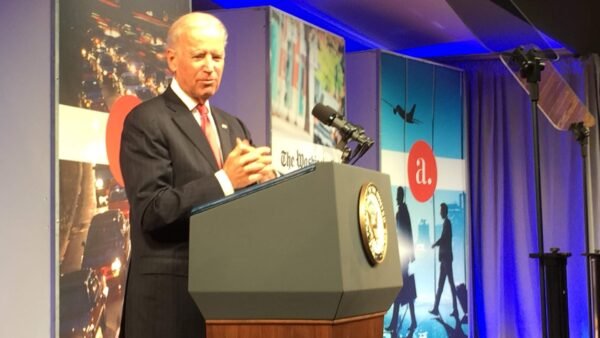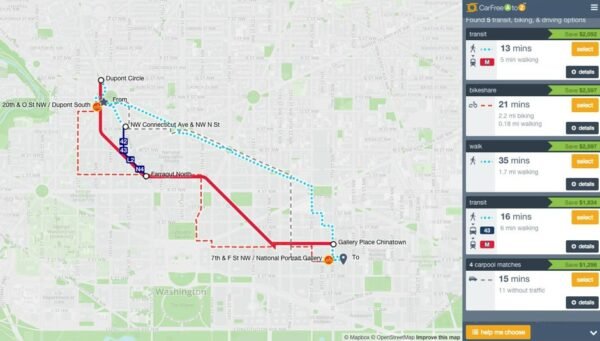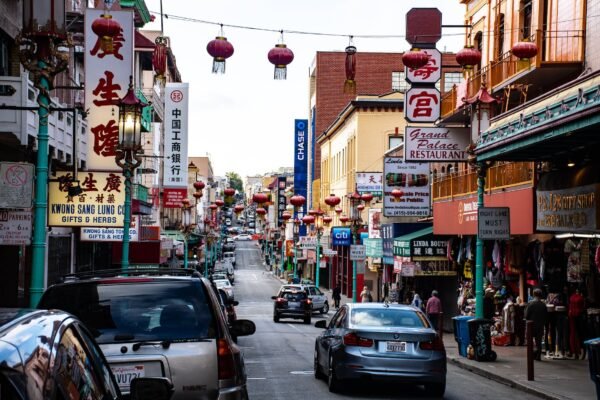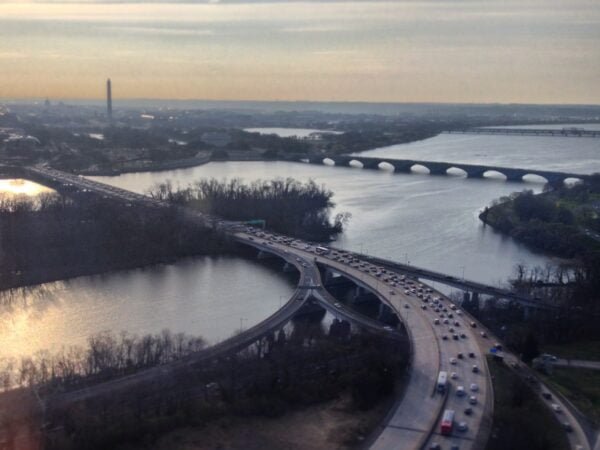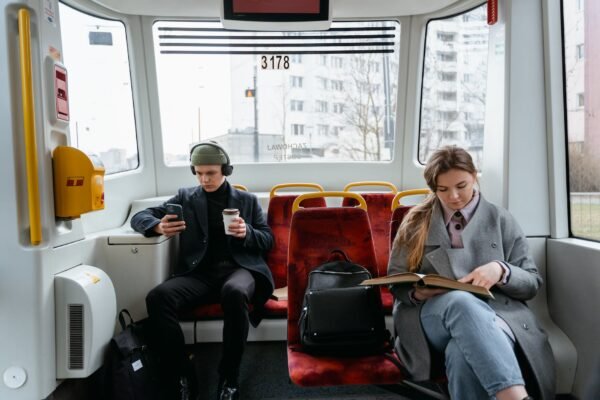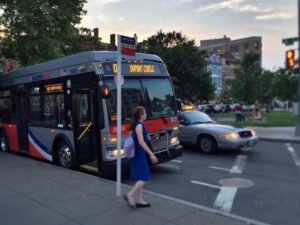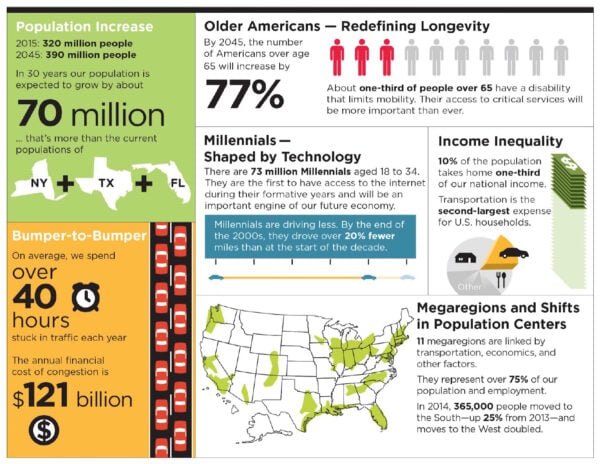Walkability and Transit Mean Independence in Golden Years
Most adults want to age in place; that is, grow older without the need to move from their home or community. As driving becomes a challenge, though, seniors can feel dependent upon others, or isolated and cut off from their friends or public services.
Walkability and Transit Mean Independence in Golden Years More »






